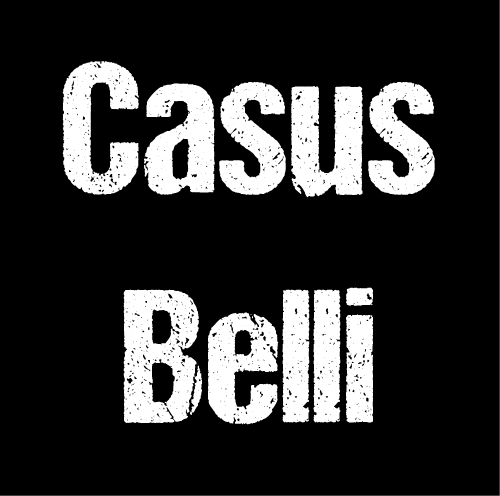Ethics and politics HUANG, Pin-Yao 黃品堯 doctorant de Paris 10
Abstract :
What is the relationship between ethics and politics ? But why are we asking this question here in the first place ? In “Ethics” of Alain Badiou, the importance of this question seems to be exposed twice and from two different points of view. Firstly, Badiou criticizes nowadays’ politicians and intellectuals for making ethics a servant of politics. By politics, Badiou means without any ambiguity, parliamentary capitalist political system. He contends that this system has become the basis of our moral judgments, that what we consider to be good or evil today is what is going to help maintain the existence of this system. At the same time, even intellectuals abandon the idea of revolution. An ethics based on a capitalist political idea is then enforcing this idea and endangering our society. Badiou develops a theory of what he calls “ethics of truths” to replace the degenerated ethics proposed by capitalist politicians. The problem becomes how do we verify the validity of this new theory.
It is through the second point of view from which the relationship between ethics and politics is exposed in “Ethics”, that we will do this verification. Badiou criticizes a French politician for claiming that France will not be able to greet all the miseries of the world. That is to say, firstly, his new ethics must be able to allow us to criticize political decisions. Secondly, since there are always political decisions to be made, this new ethics must allow us to make political decisions. Few years ago, French politicians and intellectuals saw in the foulard a threat to the republic and to the education of youths. And the France ended by promulgating a law against the foulard. Badiou wrote an article that we translate into : Behind the law against the foulard, the fear. We propose to study the problem of the role of the ethics in political decisions as involved in this article and in a counterattack addressed to this article, in order to verify Badiou’s ethics of truths and to clarify somewhat the relationship between ethics and politics.
